Why bring school gardens to elementary schools? This is a question that environmental nonprofit, Green Our Planet, has no problem answering.
Where one person might look at a garden and see it as a means to grow food, Green Our Planet sees a portal to understanding and appreciating the magic and majesty of the universe and a means of sowing the seeds of a thriving future generation.
Green Our Planet is a small organization based in Las Vegas, Nevada, with a mission to bring indoor (hydroponics) and outdoor garden programs to schools worldwide, cultivating the next generation of STEM leaders and conservationists in the process.
School gardens are a powerful learning tool because they address issues that conventional education cannot. Traditional education systems often place students in a classroom, learning from books and online lessons.
This model has its benefits, but it falls short when it comes to engaging and inspiring students. School garden programs provide teachers and students with an experiential learning adventure.
When students learn in the garden, it is as if the images and diagrams in their textbooks come to life. As they tend to the garden, students and teachers alike experience the cycles and processes of the natural world while forming connections with each other, nature, and the world beyond.
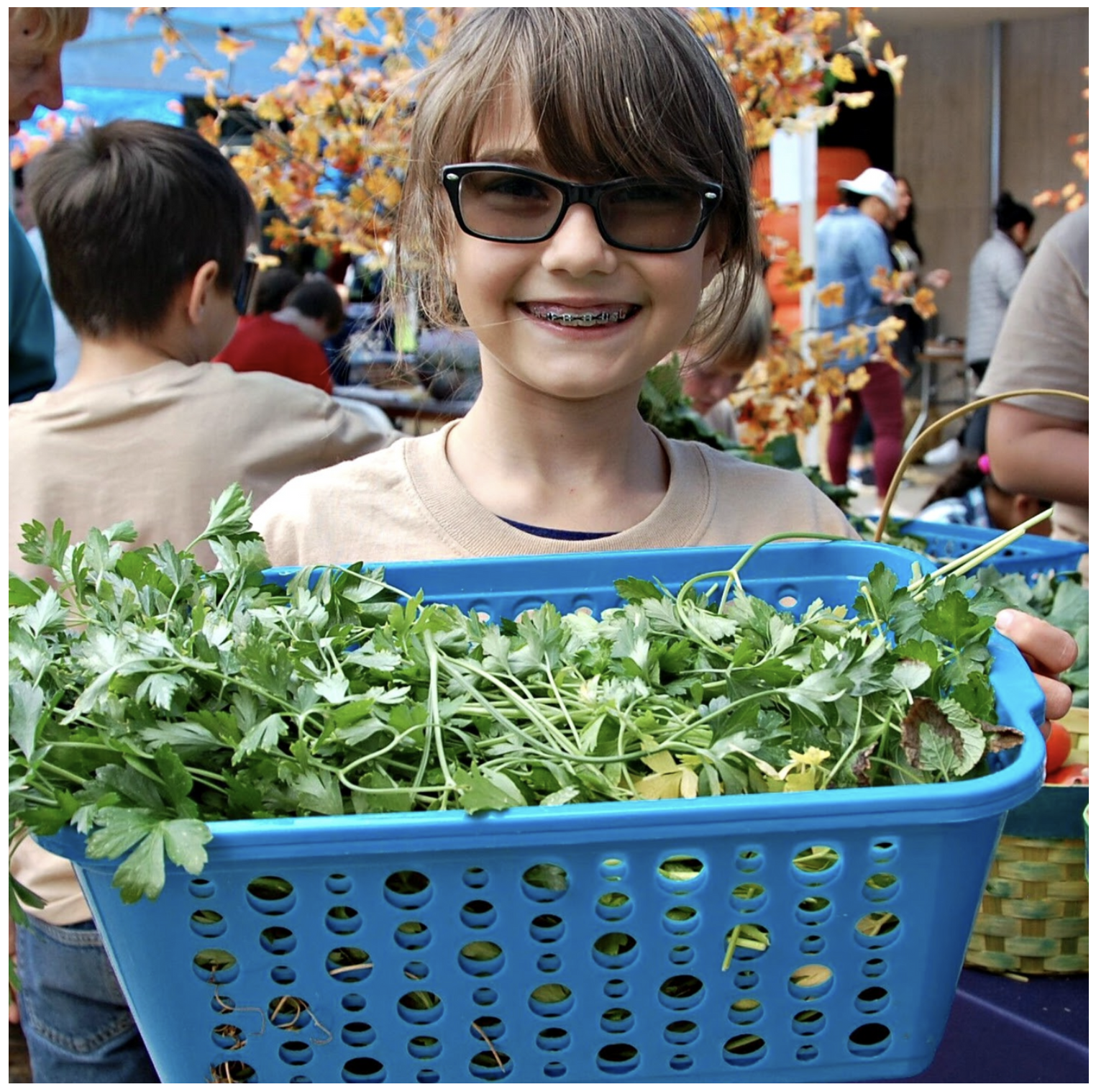
School gardens connect students to nature at a young age, making them more likely to be environmental stewards as adults. Given the global ecological emergency facing humanity paired with our increasing separation from the world around us, promoting environmental conscientiousness has never been more critical.
94% of people in Clark County, Nevada, for instance, live in urban environments, distanced from the life-giving cycles that support our existence. Green Our Planet’s school garden programs bring nature back to students’ everyday lives. They get to see plants grow from seed to harvest and learn about the cycles of water, energy, and decomposition that make life and the food we eat possible.
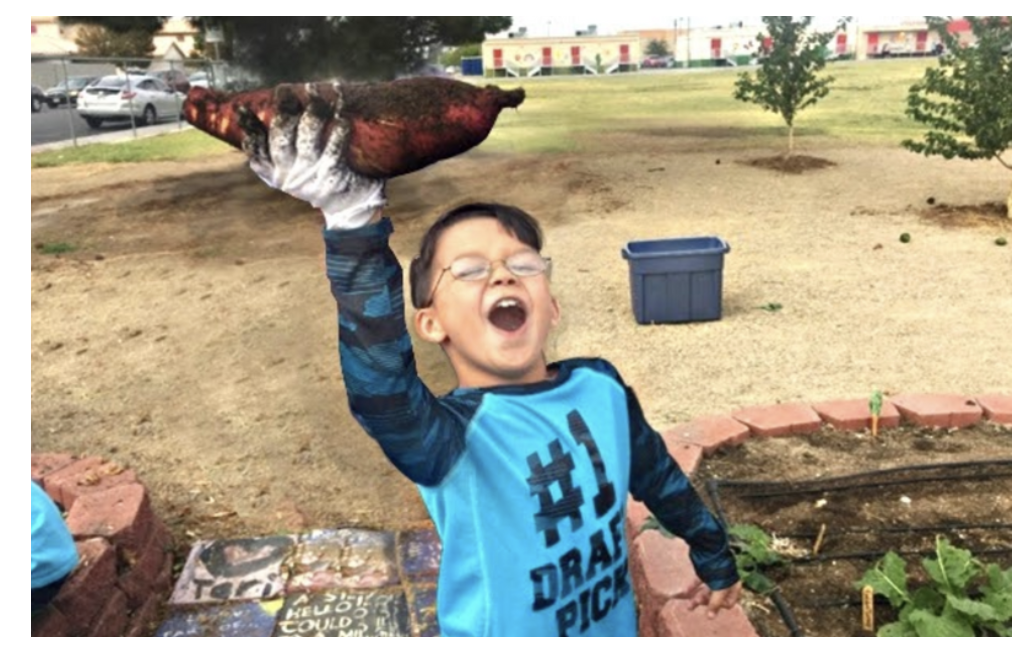
The time, work, and learning spent in the garden foster students’ and teachers’ relationships with the global ecosystem. With connection comes appreciation, and with appreciation comes care and stewardship.
Conservation of resources and diversified agriculture will become increasingly vital in Nevada in the coming years. In Alaska, which faces food insecurity and resource problems similar to those in Nevada, we work with the Native American community of Venetie, Alaska, located 70 miles north of the Arctic Circle with a population of 166 people, 58 of them children. The village has no way to grow fresh vegetables during the nine dark months of winter, and produce is flown in by bush plane, and a head of lettuce costs upwards of $9.
As a result, food insecurity is high, and most people in the village cannot afford to eat fresh food in the winter. But then Bob Pymn, principal and teacher at John Fredson K-12 School, learned about the Green Our Planet Hydroponics STEM Program. Principal Pymn realized that his students could grow vegetables for the village year-round using hydroponics even when winter temperatures plunge 40 degrees below zero.
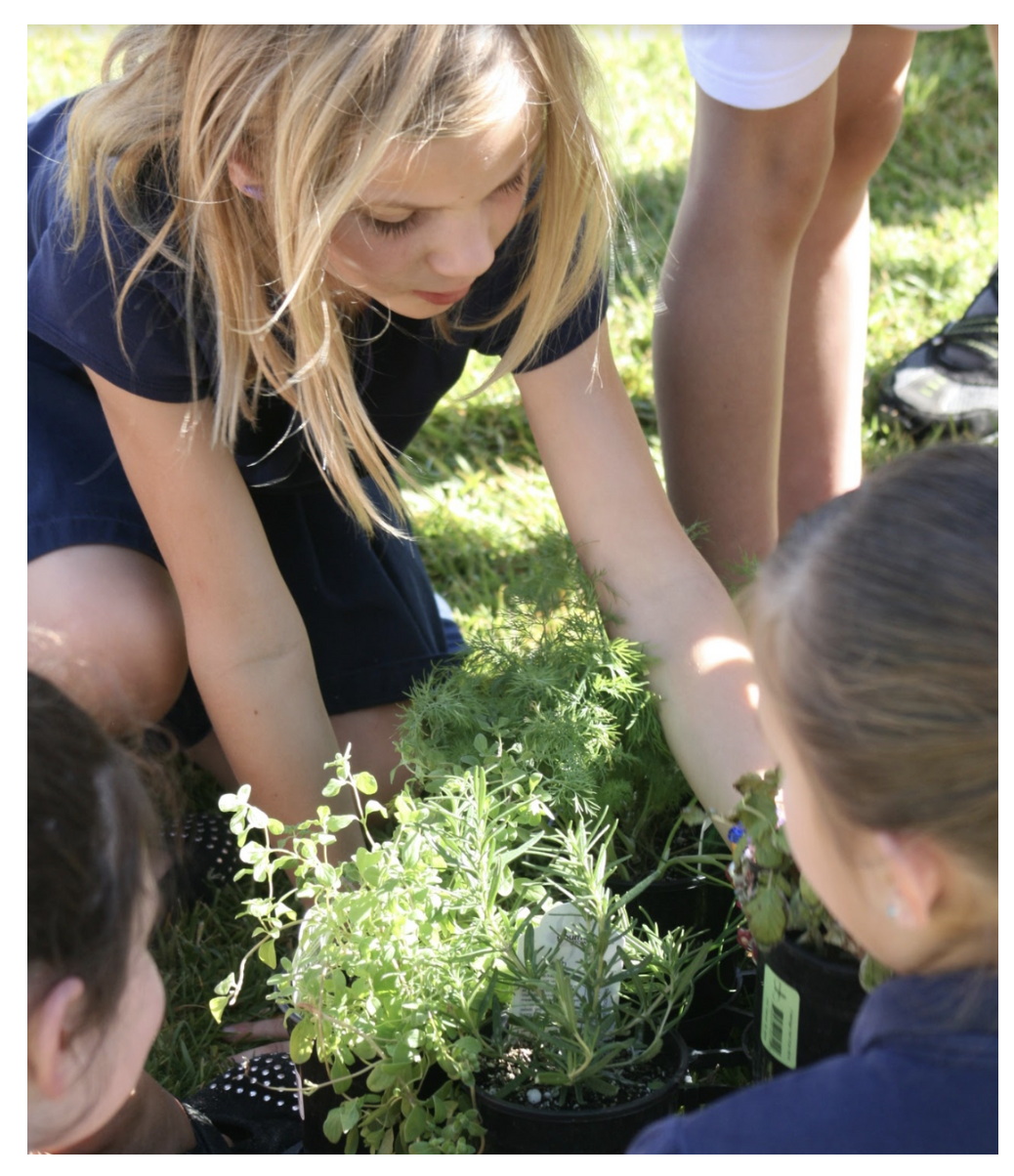
Green Our Planet implemented the Hydroponics STEM Program at Fredson School in December 2019. Now, the school has three large commercial hydroponics units capable of growing up to 600 vegetables at one time, which they share with the entire community.
From a place of connection to the garden, whether indoor or outdoor, comes engagement and enjoyment for learning.
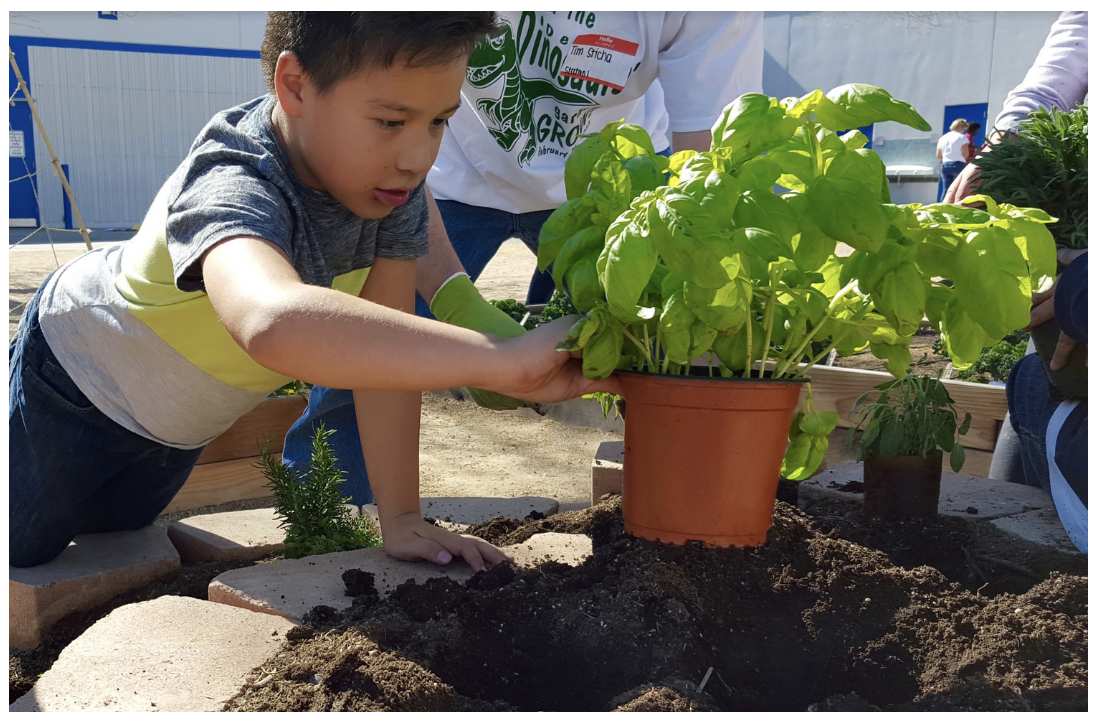
Tending to a school garden gives students ownership of their education and empowers them to be passionate about STEM subjects. In addition, feeling engaged in school allows students to develop healthy attitudes towards learning that will last a lifetime. Students’ academic performance at schools with garden programs reflects these psychological benefits.
In a comprehensive review of 20 years of literature on the impact of school garden programs in the U.S., 93% of the studies reported improved student performance in science, 80% saw improvement in math, and 72% noted improvement in language arts (Williams and Scott Dixon, 2013).
Green Our Planet has witnessed their school garden programs’ educational benefits first hand. For example, at Dondero Elementary School, students experienced a 10% increase in science test scores only one year after they implemented their Green Our Planet school garden program.
At Nate Mack Elementary school, Casey Juliano, the school’s librarian, helps run a brilliant program for grades Prek-5. Before starting the program, five unruly students struggled to work positively with peers and teachers. She expressed that they were not fitting in and didn’t want to be at school.
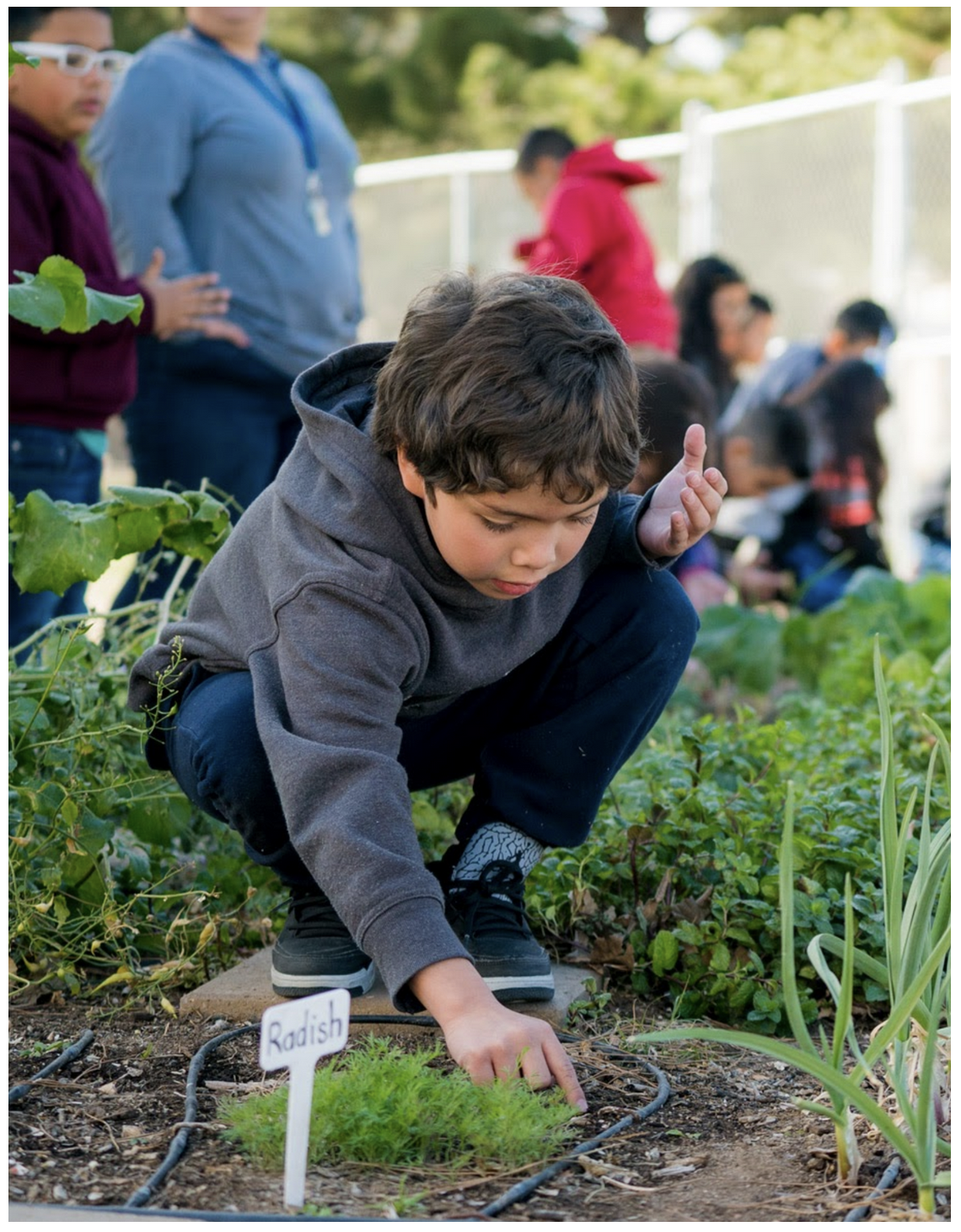
After launching the garden program, she created a hydroponics club for these students and tasked them with planning and managing the hydroponics system for the class.
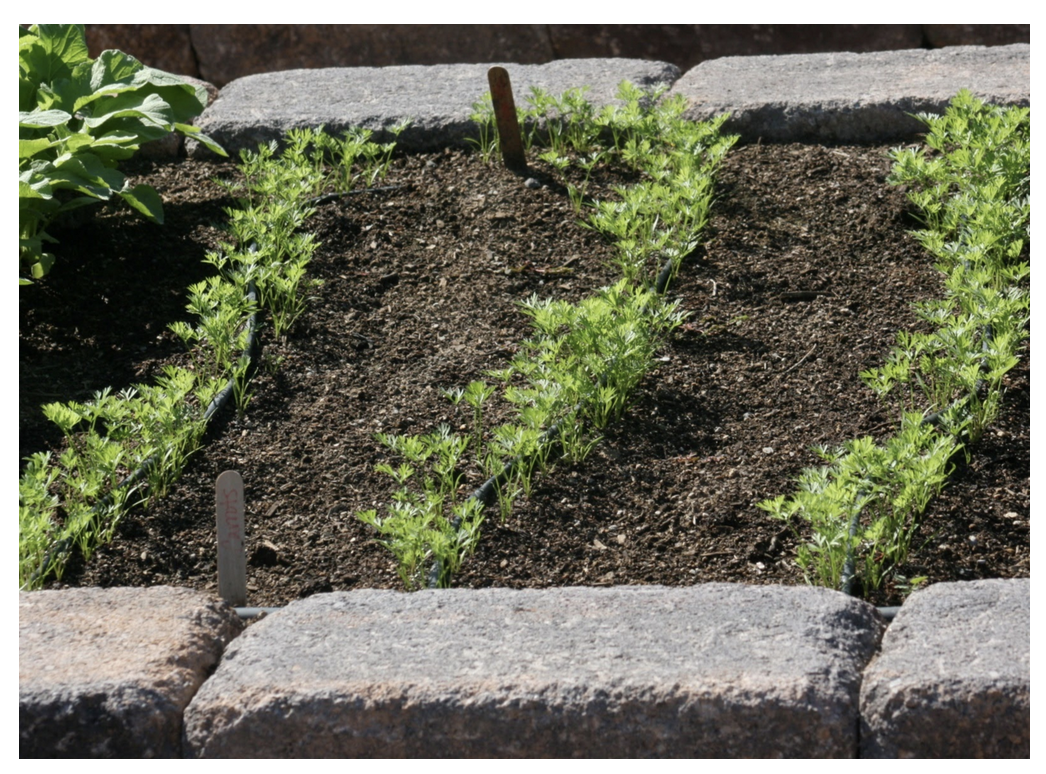
They started showing up to classes, engaging with their work, and, eventually, building connections with their peers. Ms. Juliano said their transformation was powerful; the hydroponics program allowed them to feel important, needed, and valued, boosting their academic performance.
School gardens also promote nutrition education. When students harvest the produce they grow, they end up eating fruits and vegetables they’ve never experienced. This exposure to fruits and vegetables can help foster healthy eating habits for a lifetime. With Green Our Planet’s school garden programs, they provide Chef Nutrition Lessons with their team of Nutrition Chefs.
Through these lessons, students learn how to prepare healthy meals with the produce they grew in their gardens. Through this program, the garden not only allows students to form a connection with where their food comes from, but they gain an understanding of the importance of eating whole foods and the tools to incorporate them into their everyday lives.
The benefits school gardens provide students, teachers, the local community, and even the world are boundless. Between the invention of smartphones and grocery delivery services, we have become distanced from the world around us in today’s society.
This disconnection shows how we treat the natural world and how we relate to one another. School gardens provide an opportunity to redirect the collective consciousness of future generations towards valuing the health of people and the planet above all else.
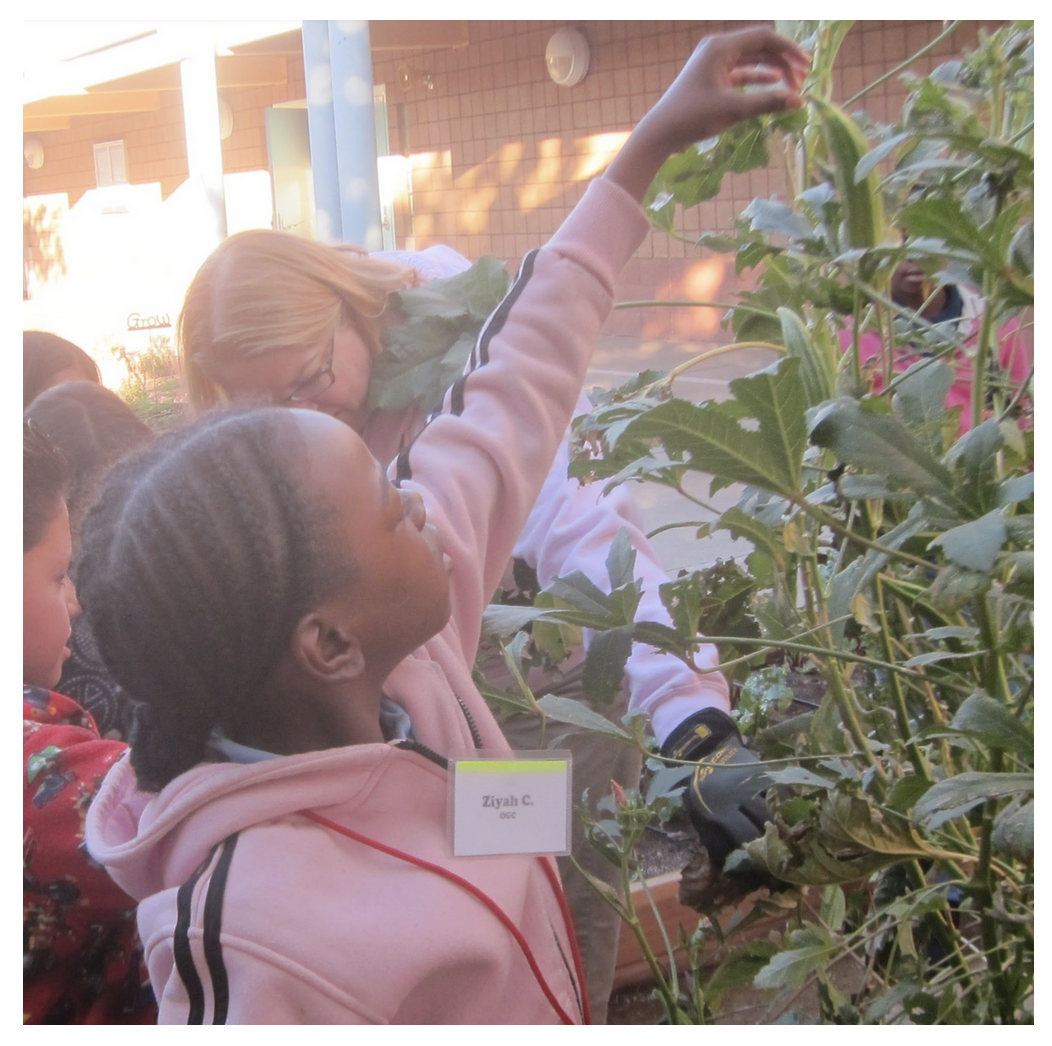
Through experience, Green Our Planet knows that a seed can grow from the soil to the stars with the right tools and education, and by embracing school gardens, we green our planet.
Want to support Green Our Planet’s work? Follow them on social media and share their efforts to drive the school garden movement.
You can also donate through their website at GreenOurPlanet.org.
